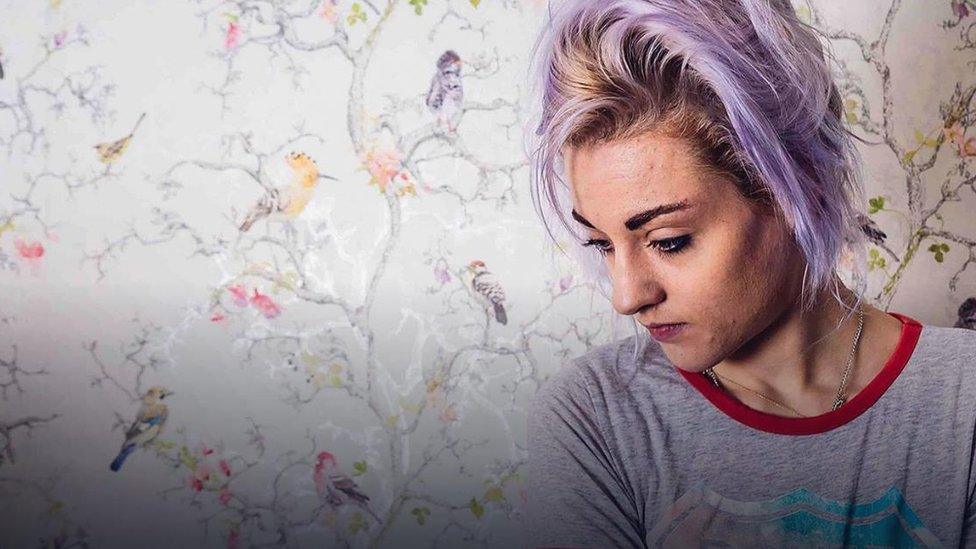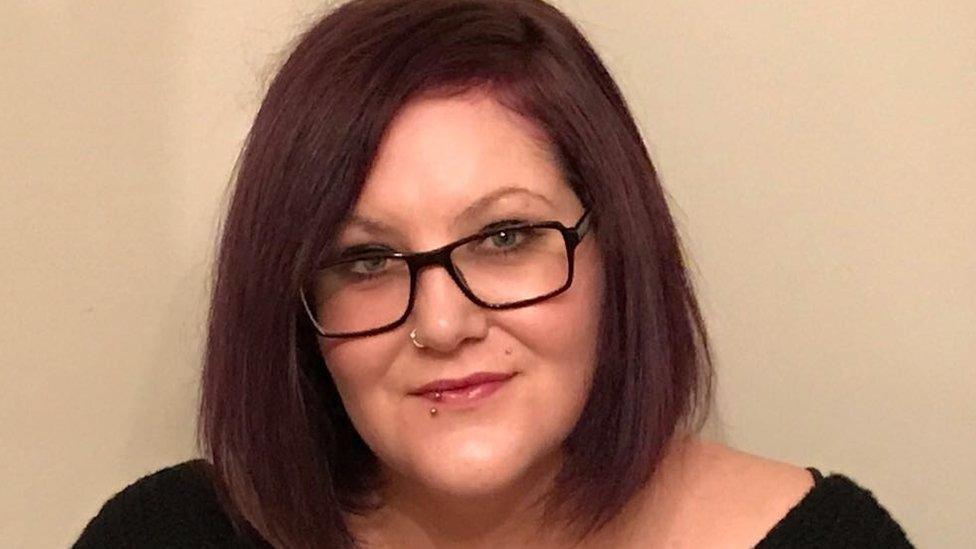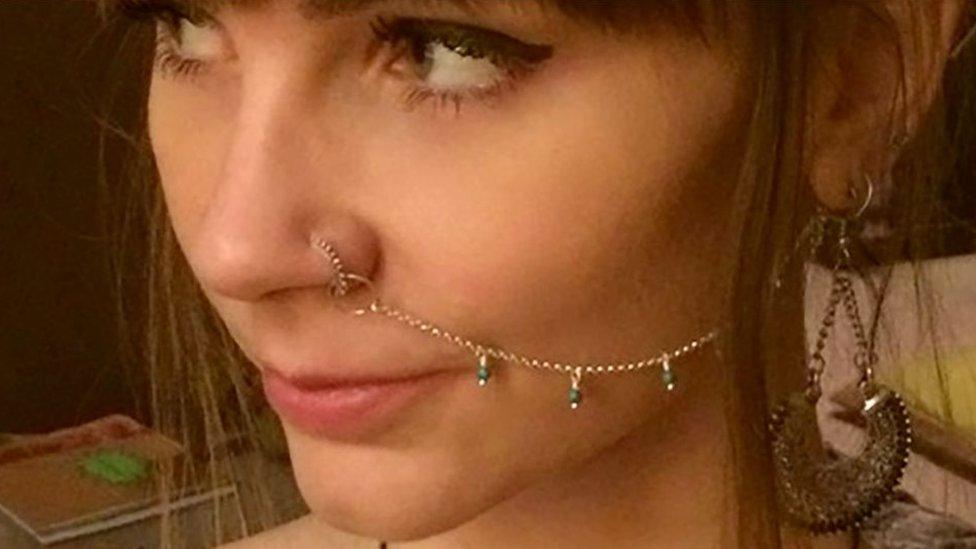Diabulimia documentary had 'massive impact', says charity
- Published

Newsbeat and BBC Three's documentary on diabulimia has had a "massive impact", says the Diabetics With Eating Disorders (DWED) charity.
Founder Jacqueline Allan says she's had "every inconceivable NHS department ask for training" since it aired on 25 September.
Diabulimia: The World's Most Dangerous Eating Disorder, has now been viewed more than two million times on BBC iPlayer and YouTube.
"We've been busier than ever. It's definitely raised a lot of awareness."
Watch - Diabulimia: The World's Most Dangerous Eating Disorder, external
Diabulimia is used to describe people with type 1 diabetes who deliberately take too little insulin in order to try to control their weight.
The condition is not yet medically recognised and DWED , externalis campaigning for it to be recognised as a mental illness.

"It's been really busy since the documentary went out, in fact I'm in Scotland at the moment training health care professionals," says Jacqueline.
She tells us in the past month she has been in Oxford, Derby and London training people.
Jacqueline also says it's "brought in lots of volunteers as well so it's really exciting".
"Because we've had such an upswing in volunteers, from the New Year we're now able to do weekly online where you can talk to our volunteers if you're suffering."
A leading type 1 diabetes charity, JDRF, estimates 60,000 15 to 30-year-olds are living with type 1 diabetes in the UK.
Megan Davison killed herself after years of suffering with diabulimia.

Megan's family says she felt there was nothing in place to help with her condition
Tim Kendall, NHS England's national clinical director for mental health, told Newsbeat in September that "people are waking up to it".
"I was involved in producing the NICE guidelines on eating disorders and we devoted a whole section on how you manage people who've got diabetes and an eating disorder.
"We're now disseminating that around the country. We have been asleep, no doubt, but we are waking up."
NHS England says it's integrating psychological services with physical health, including placing 3,000 new mental health therapists in GP practices.
DWED is also compiling a database of all the places in the UK that deal with diabulimia so that wherever you are in your area they'll know the person to go to.
For more information on diabulimia you can look at these information and support pages.
Find us on Instagram at BBCNewsbeat, external and follow us on Snapchat, search for bbc_newsbeat, external